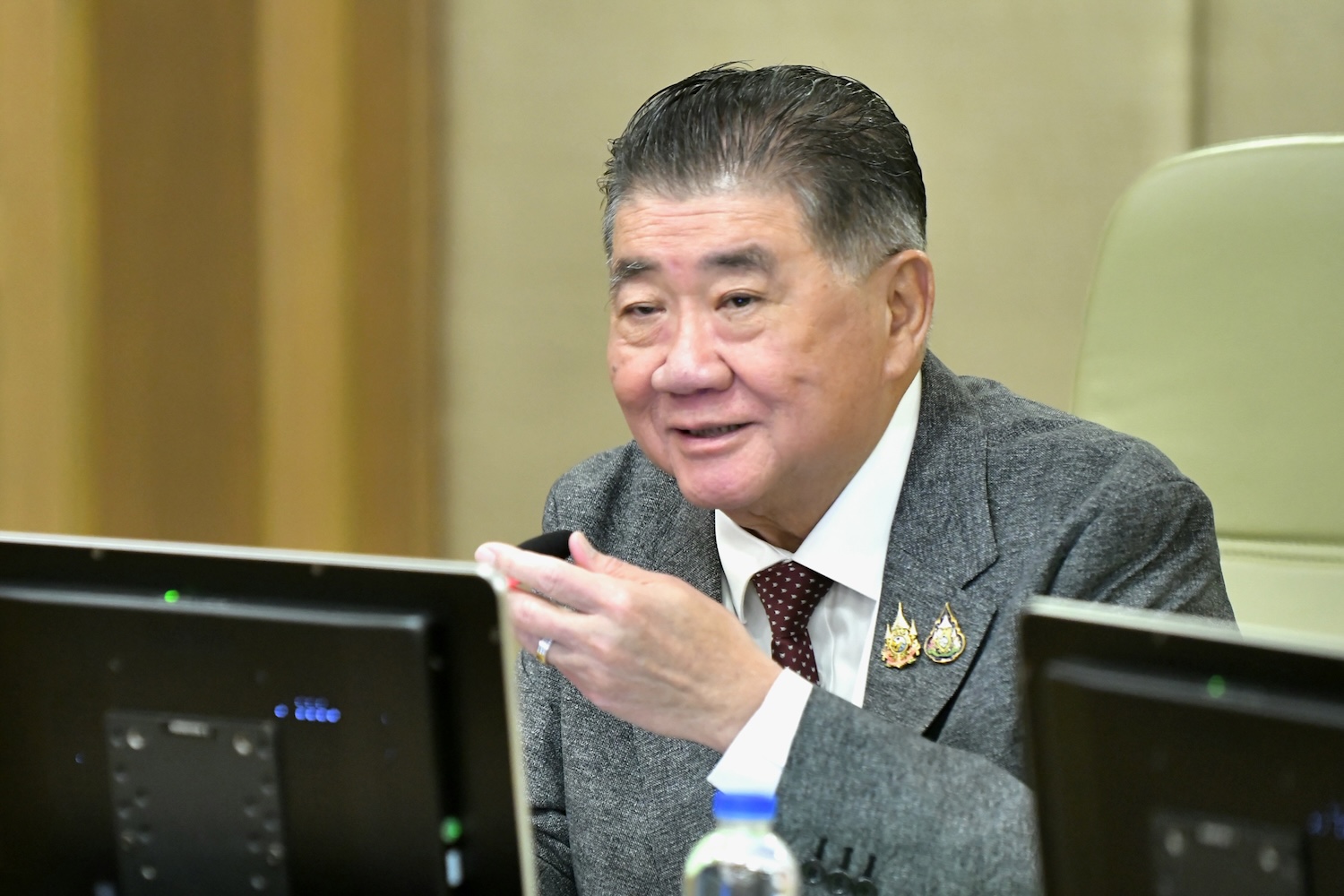
Deputy Prime Minister and Commerce Minister Phumtham Wechayachai insisted the government is still united despite recent hiccups with the plan to re-list cannabis as a narcotic, adding that he already talked with Interior Minister Anutin Charnvirakul.
The decriminalisation of cannabis was a flagship campaign policy of the Bhumjaithai Party led by Mr Anutin.
A related bill has already passed the first reading in the House. However, it was shelved due to opposition from the medical profession.
A health committee responsible for controlling illegal drugs voted by majority on July 5 to reclassify cannabis and hemp as narcotics, effective from Jan 1, 2025, as confirmed by Surachoke Tangwiwat, deputy permanent secretary for public health.
The panel's resolution said cannabis and hemp are to be considered narcotic plants, except for their branches, roots, and seeds. Cannabis buds and any materials containing more than 0.2% tetrahydrocannabinol (THC) will also be classified as narcotics.
The proposal has been forwarded to the Narcotics Control Board (NCB) for consideration this month.
In response, Mr Phumtham told the media yesterday to let the NCB perform its duty to review the issue.
"I believe there is no problem. Mr Anutin is free to express his opinions. However, we have tried to approach this matter rationally rather than focusing on one individual," said Mr Phumtham.
Asked about Mr Phumtham's perspective on whether he thinks the coalition should go in the same direction, he said: "There is no need to speak on things that have not happened yet."
"Currently, there are no problems at all. We coexist by relying on each other, cooperating and taking joint responsibility for problem-solving," he said. "No single issue belongs to one party alone as it is a matter for the coalition."
Meanwhile, the medical cannabis academic network led by Panthep Phuaphongphan, dean of the College of Oriental Medicine at Rangsit University, submitted a letter to the NCB, saying that the data provided by the Public Health Ministry is inaccurate and misleading.
According to the letter, the ministry's report showed a discrepancy of 800%-2,100% compared with statistics from the National Health Security Office (NHSO).



